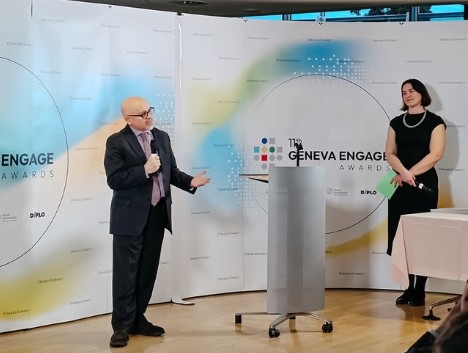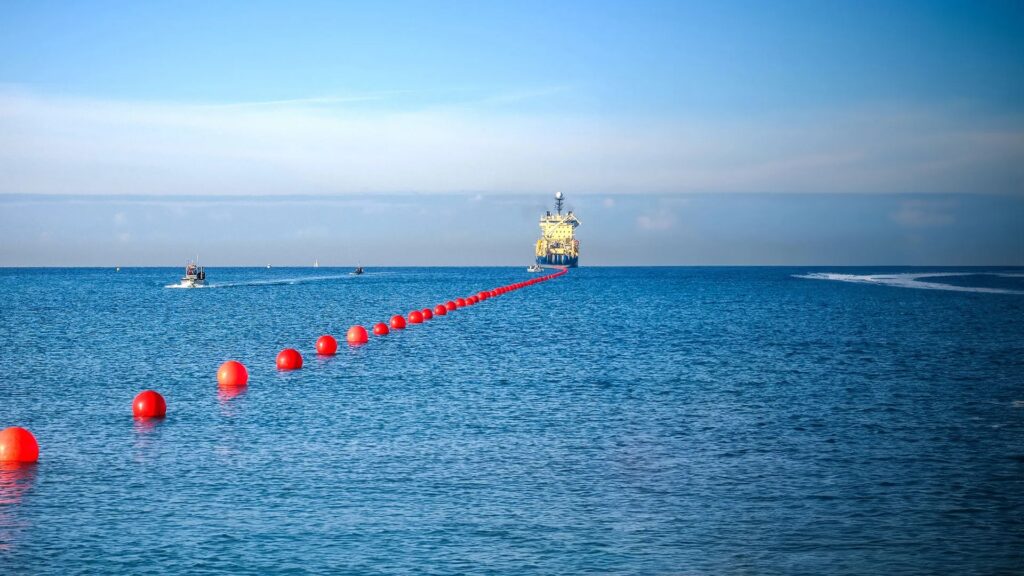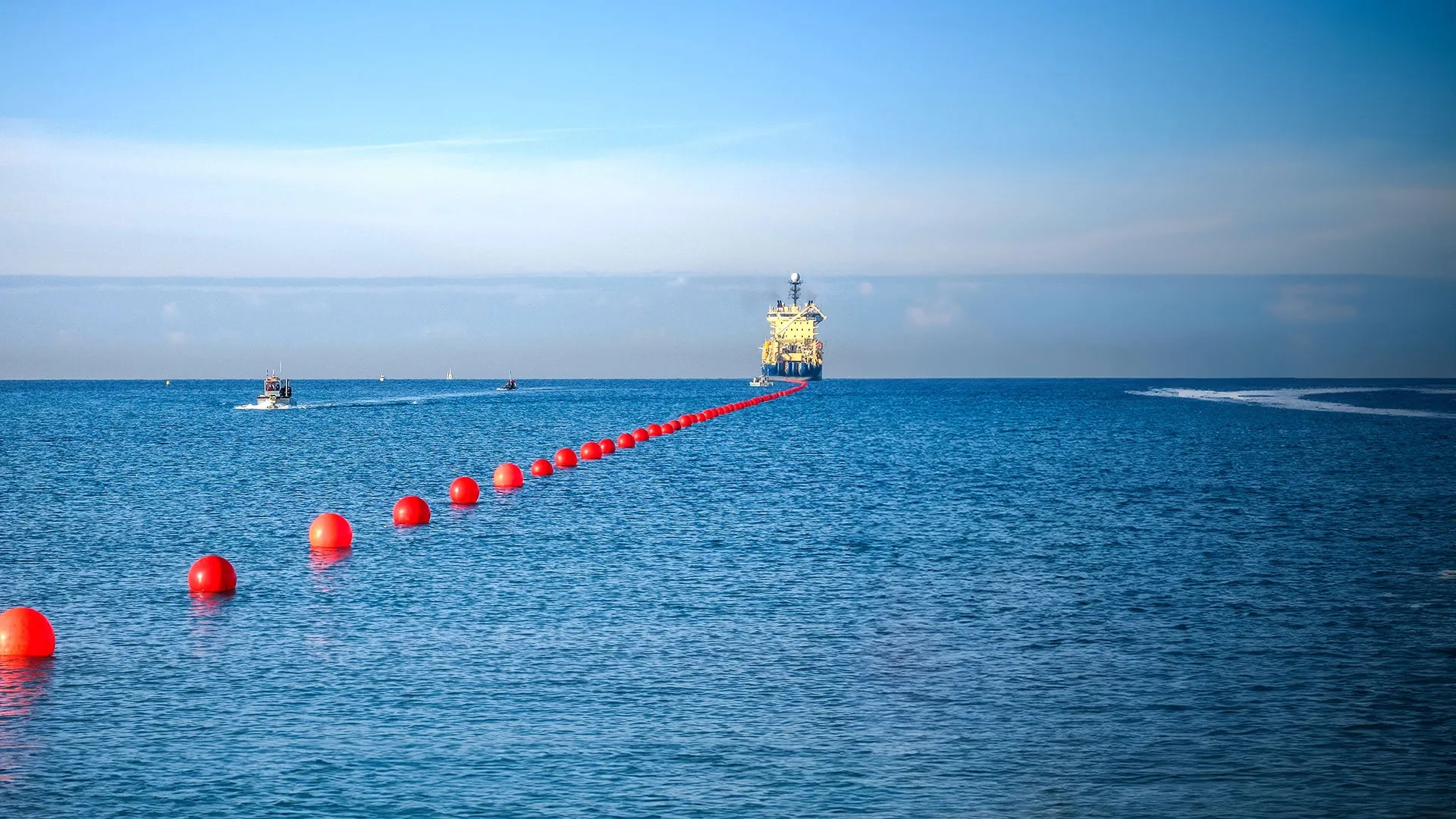A high-level panel at the International Submarine Cable Resilience Summit 2026 in Porto focused on a growing paradox in global connectivity. While submarine cable damage incidents have remained relatively stable for over a decade, the time needed to repair them has increased sharply.
Moderated by Nadia Krivetz, member of the International Advisory Body for Submarine Cable Resilience, the discussion brought together government officials and industry experts who warned that longer repair times are creating new vulnerabilities for the global internet, even as undersea cable networks continue to expand rapidly.
Andy Palmer-Felgate of the International Cable Protection Committee highlighted that more than 80% of cable damage is caused by fishing and anchoring, mostly on continental shelves where maritime activity is densest. She noted that a small number of high-risk ‘problem cables’ consume around half of the world’s annual repair capacity, suggesting that targeted prevention in specific locations could significantly reduce global disruption.
Palmer-Felgate also pointed to a shift in fault patterns away from Europe and the Atlantic toward Asia, exposing weaknesses in a repair model that depends on shared, slow-to-move vessels.
New monitoring technologies were presented as part of the solution, though not without limitations. Sigurd Zhang described how distributed acoustic sensing can detect vessel activity in real time, even when ships switch off tracking systems, citing cases in which fishing fleets were invisible to conventional monitoring systems.
Eduardo Mateo added that newer optical monitoring tools can identify long-term stress and seabed instability affecting cables. Still, both speakers stressed that the cost, data complexity, and reliability requirements remain major barriers, especially for shorter cable systems.
Beyond monitoring, the panel explored improvements in cable design and installation, including stronger armouring, deeper burial, and more resilient network topologies. Mateo cautioned that technology alone cannot eliminate risk, as submarine cables must coexist with other seabed users.
Zhang noted that fully integrated ‘smart cables’ combining telecoms and scientific monitoring may still be a decade away, given the strict reliability standards operators demand.
Government coordination emerged as a decisive factor in reducing damage and speeding up repairs. South Africa’s Nonkqubela Thathakahle Jordan-Dyani described how fragmented regulations across African countries slow emergency responses and raise costs.
Speakers pointed to examples of more effective governance, including Australia’s notification-based repair system and successful legal cases described by Peter Jamieson, which have increased accountability among vessel operators and begun changing behaviour at sea.
Industry practices and skills were also under scrutiny. Jamieson argued that careful route planning and proper burial can prevent most cable faults. Still, Simon Hibbert warned that these standards depend on experienced workers whose skills are hard to replace. With an ageing maritime workforce and fewer recruits entering sea-based professions, the panel cautioned that declining expertise could undermine future cable resilience if training and knowledge transfer are not prioritised.
The discussion concluded by situating cable protection within broader economic and geopolitical pressures. Mateo pointed to supply chain risks for key materials driven by AI-related demand, while Jamieson cited regions like the Red Sea, where geopolitical instability forces cables into crowded corridors.
Despite these challenges, speakers agreed that prevention, cooperation, and shared responsibility offer a realistic path forward, stressing that submarine cable resilience can only be strengthened through sustained collaboration between governments, industry, and international organisations.
Would you like to learn more about AI, tech and digital diplomacy? If so, ask our Diplo chatbot!












